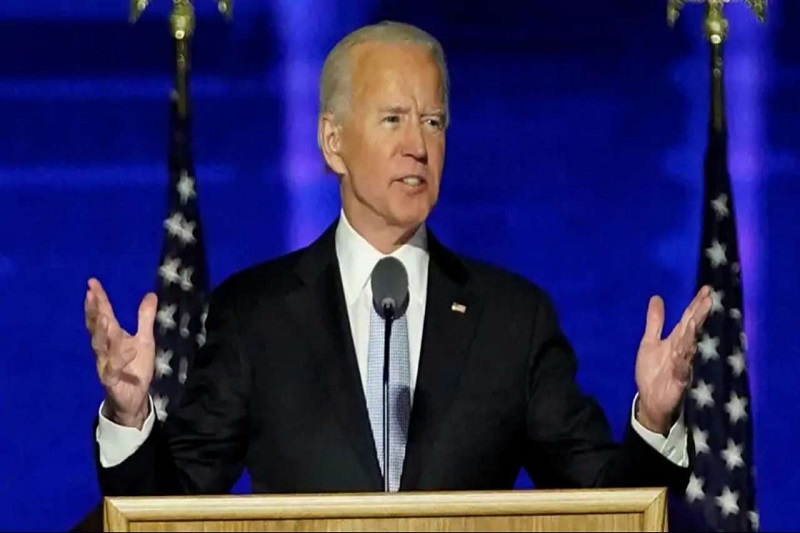Last updated on August 1st, 2022 at 05:33 am
On Friday, the United States made the announcement that Secretary of State Anthony Blinken would travel to South Africa, the Democratic Republic of the Congo, and Rwanda between August 7th and August 11th. Just two days after Blinken’s Russian colleague Serguei Lavrov finished his African tour in four different countries—Egypt, the Congo, Uganda, and Ethiopia—this trip was announced.
In the midst of the conflict in Ukraine and the ongoing food crisis, it is an additional indicator of the battle for influence that is taking place between the Western side and the Russian side. In the very same week, the United States announced that another high-ranking diplomat, Linda Thomas-Greenfield, President Biden’s ambassador to the United Nations, will visit Ghana and Uganda on August 4. According to the United States Mission to the United Nations, the United States Representative to the United Nations, Linda Thomas-Greenfield, will travel to Uganda and Ghana from August 4 to August 6 to talk about the U.S. and global response to the effects of Russia’s war against Ukraine on global food security as well as other regional and bilateral priorities.
In Uganda, Ambassador Thomas-Greenfield will continue discussions with government officials and leaders from civil society about the significance of having democratic institutions that are robust and welcoming to all people, respecting human rights and fostering an environment that is conducive to peace, stability, and economic growth. She will also talk about issues of regional and bilateral security, as well as Uganda’s dedication to welcoming and aiding refugees.
Related Posts
During his tour, Lavrov refuted allegations that Russia was contributing to global hunger by exporting food insecurity. Instead, he accused the West of monopolizing commodities and supply channels during the pandemic, claiming that this made the situation much more difficult for food imports. The Russian minister of foreign affairs further mentioned that the sanctions that were put on his country were making the situation much worse. Washington had high hopes that the narrative would shift as a result of these visits.
A risky bet considering that the governments of many African countries have hesitated to denounce Russia’s invasion of Ukraine. During the March meeting of the United Nations General Assembly, 25 of Africa’s 54 states chose not to vote on whether or not to condemn Russia for its invasion of Ukraine.

